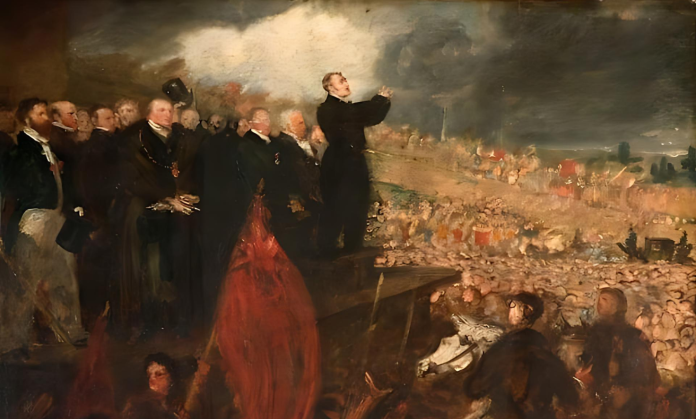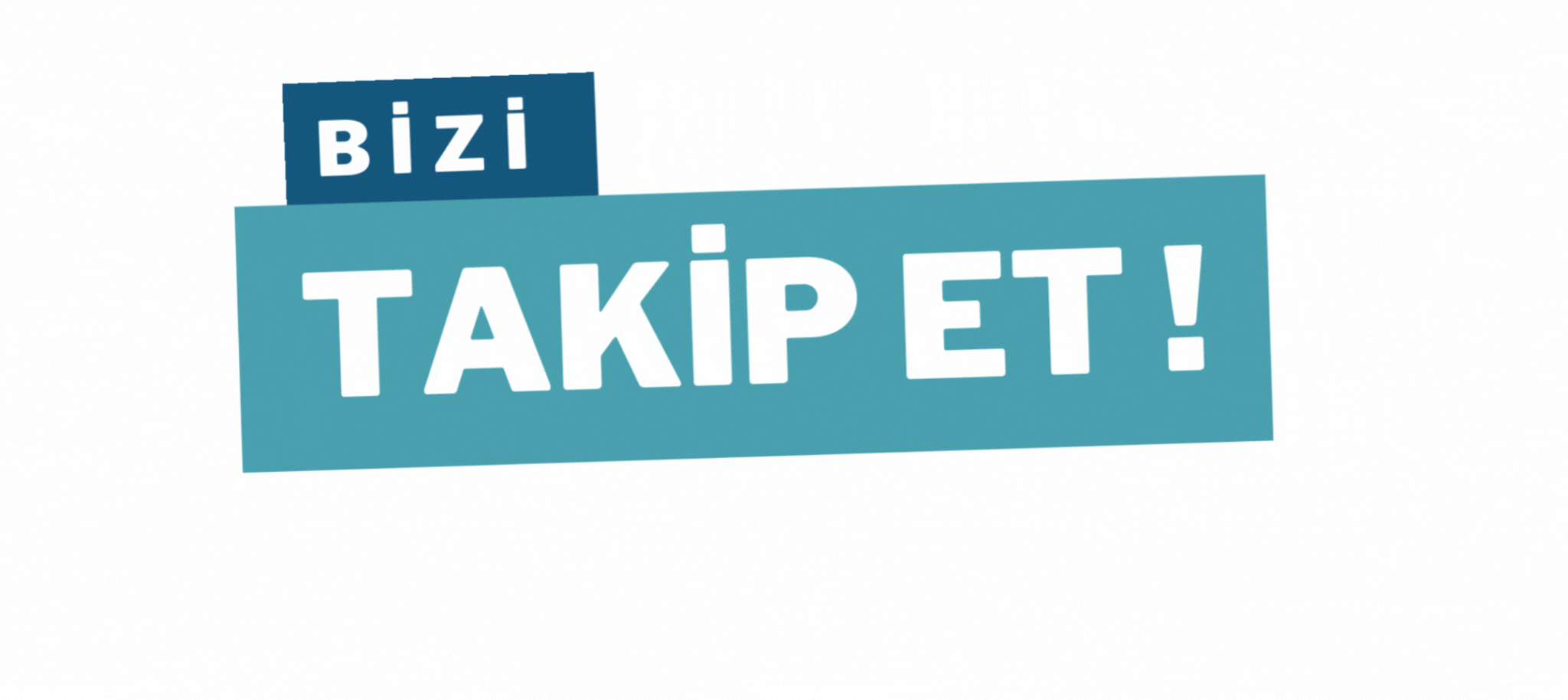Abstract
This article provides an overview of political socialization, which is the process of internalizing and acquiring certain knowledge, patterns, beliefs, feelings, and behaviors toward politics. The article discusses the importance of political socialization for modern democracies and explores the influential agents of political socialization, including the family, peer groups, schools, mass media, and religious institutions. The article also discusses primary and secondary political socialization and highlights the role of education in political socialization. Additionally, the article emphasizes the impact of parental education on children’s political upbringing and discusses how peer groups can influence adolescents’ political views. Overall, the text provides a comprehensive understanding of political socialization and its role in shaping individuals’ political identities and behaviors.
Keywords: Political Socialization, Political Identity, Political Behaviors, Democracy,Peer Groups, Mass Media, Religious Institutions





